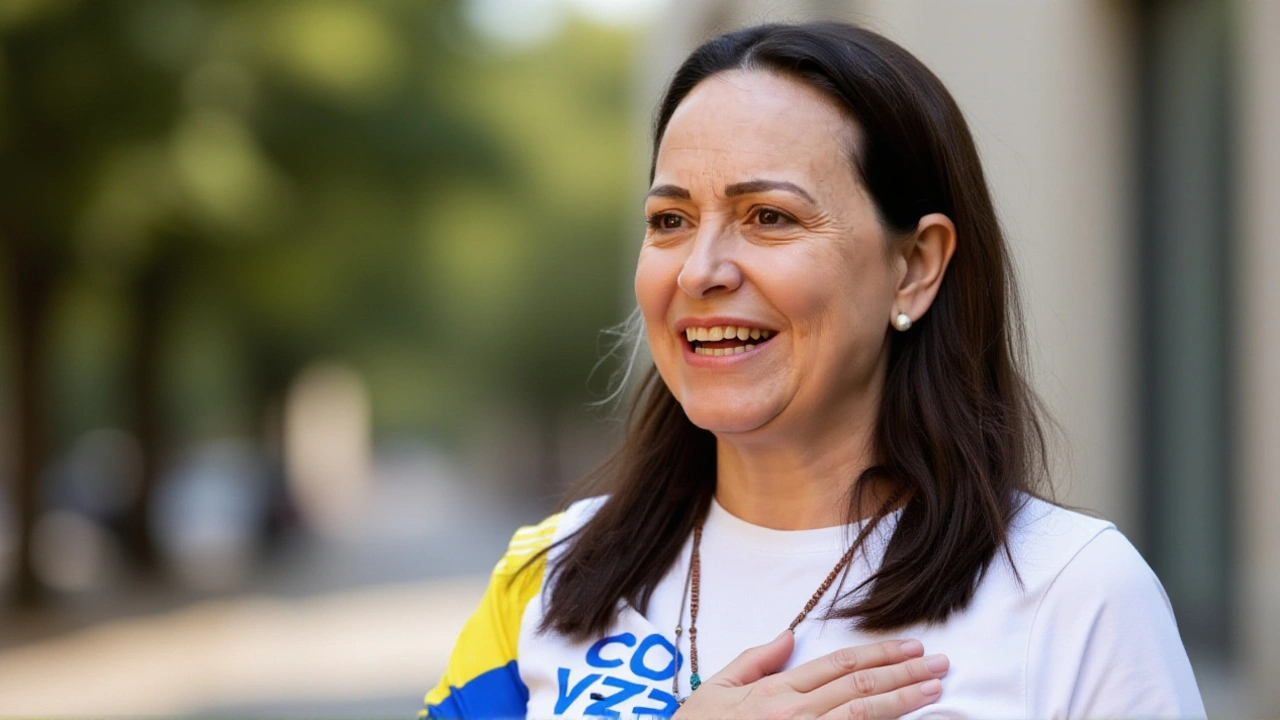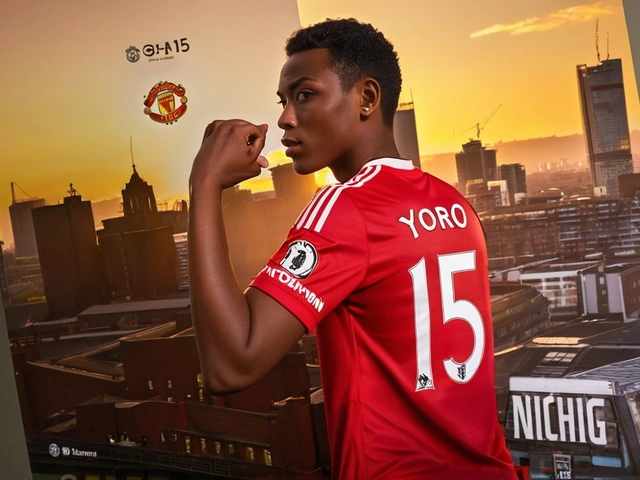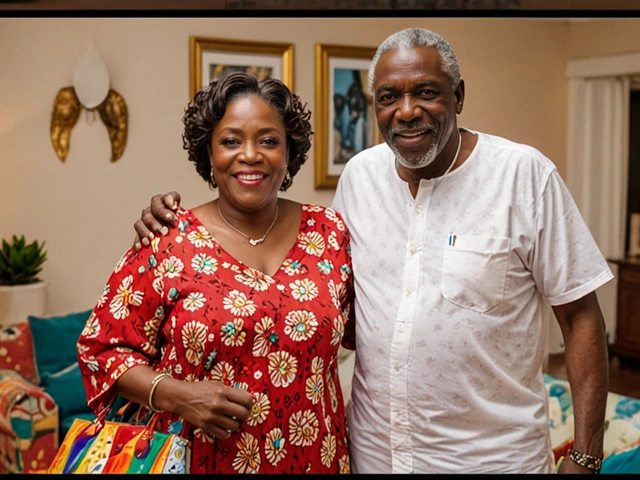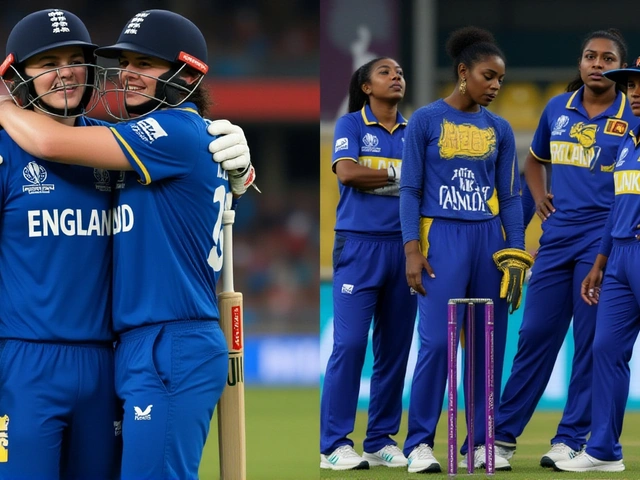Venezuela Opposition – Who, Why and What’s Happening
When talking about the Venezuela opposition, the coalition of political parties, civil groups and activists that challenges the ruling socialist government. Also known as the anti‑Maduro front, it aims to restore democratic institutions and improve everyday life for Venezuelans. The movement’s core includes figures like Nicolás Maduro, the incumbent president whose policies the opposition contests and Juan Guaidó, the former interim president who rallied international backing. These leaders, together with the National Assembly, form the political backbone that drives protests, legal battles and diplomatic outreach.
The Venezuela opposition encompasses several sub‑entities: the National Assembly that claims legislative authority, grassroots protest groups that organize street actions, and exile networks that lobby abroad. It requires a mix of tactics – from mass demonstrations and strikes to court filings and media campaigns – because the regime controls state resources, media and security forces. Human‑rights violations, such as arbitrary arrests, directly influence the opposition’s strategy, pushing it to seek support from organizations like the UN and regional bodies. At the same time, economic collapse fuels public anger, giving the opposition a broader base for mobilising demonstrations across Caracas and regional hubs.
What to Expect From the Articles Below
Below you’ll find a curated list of reports that dive into the latest courtroom decisions, protest dynamics, diplomatic moves and personal stories from activists on the ground. Whether you’re looking for an overview of the opposition’s legal battles or a deep‑dive into how international sanctions affect its operations, the collection provides practical insight and up‑to‑date analysis.
Keep reading to see how the Venezuela opposition is shaping the country’s future, the challenges it faces, and the opportunities emerging from a people eager for change.

Venezuelan Opposition Leader María Corina Machado Wins 2025 Nobel Peace Prize
María Corina Machado, famed Venezuelan opposition leader, wins the 2025 Nobel Peace Prize, spotlighting the country's fight for democracy.
Categories
- Sports (146)
- Politics (22)
- Entertainment (20)
- World (15)
- News (10)
- Lifestyle (8)
- Business (6)
- Technology (3)
- Health (3)
- Environment (2)



